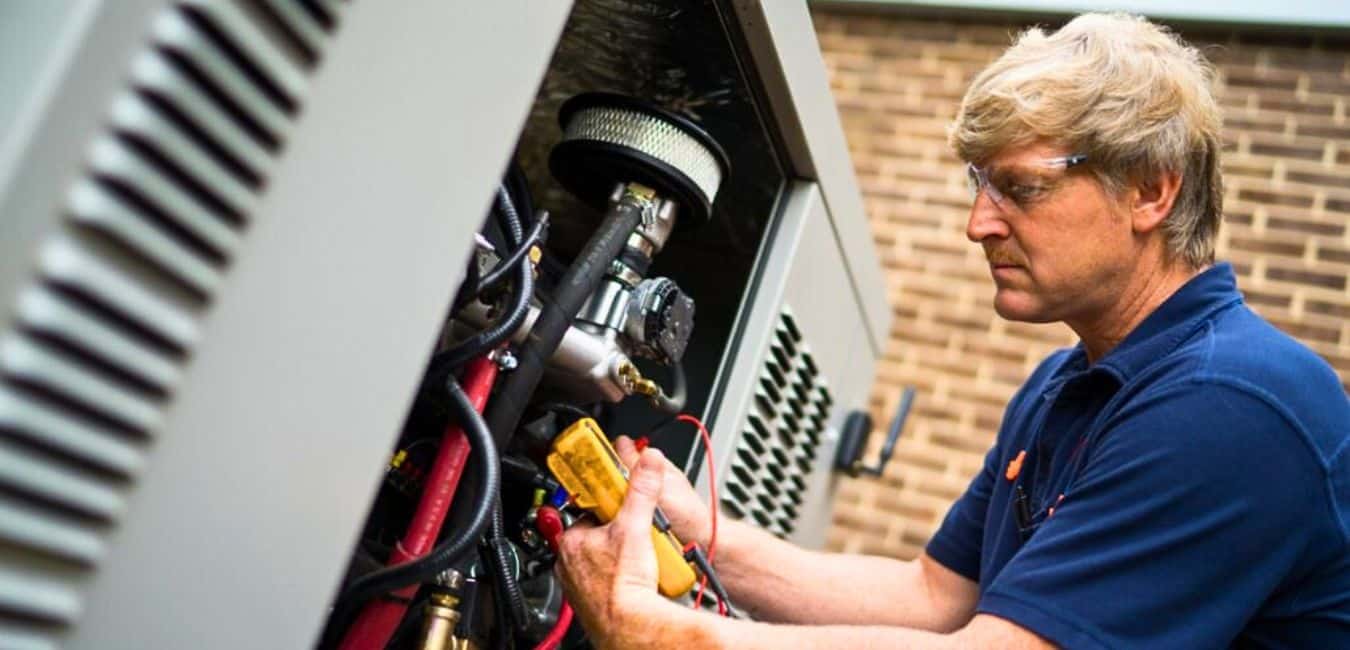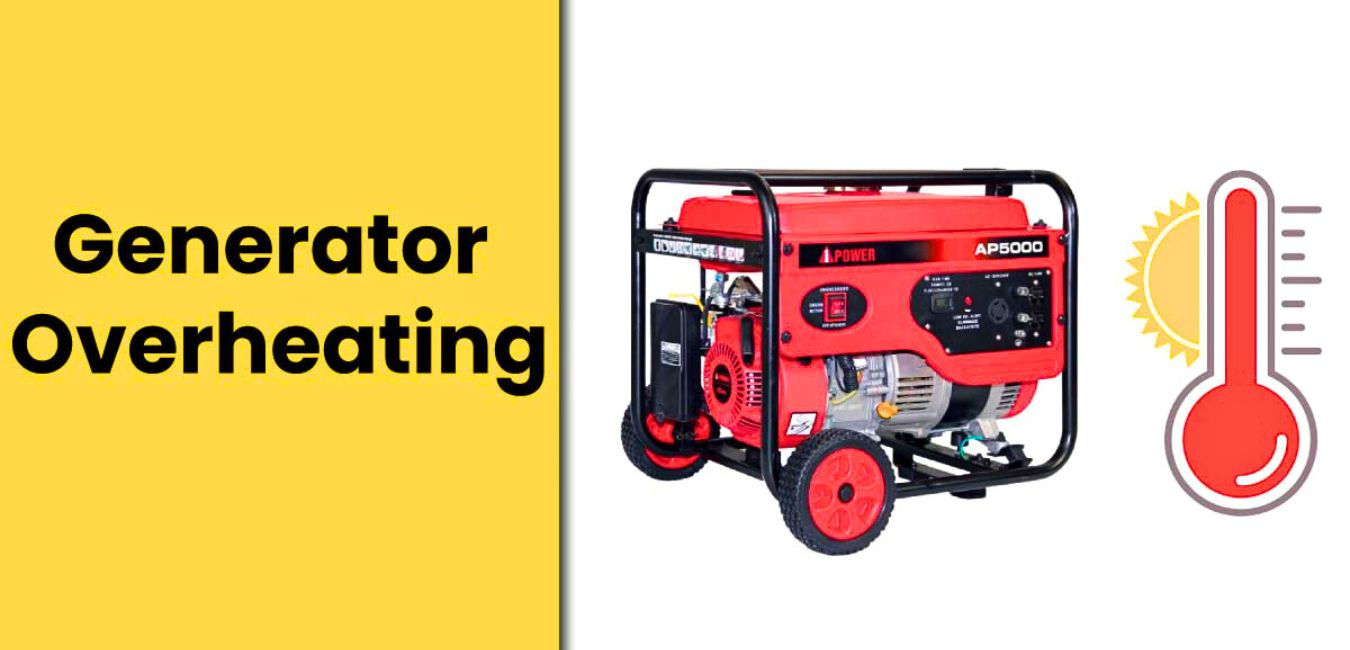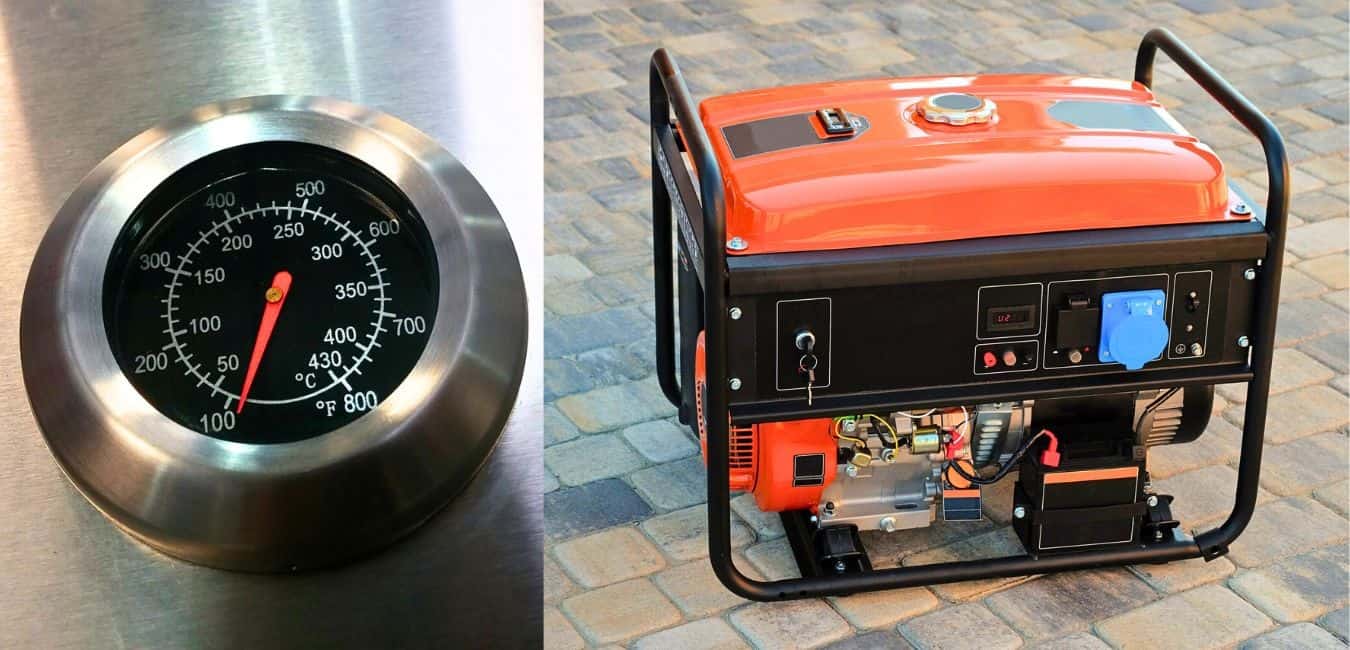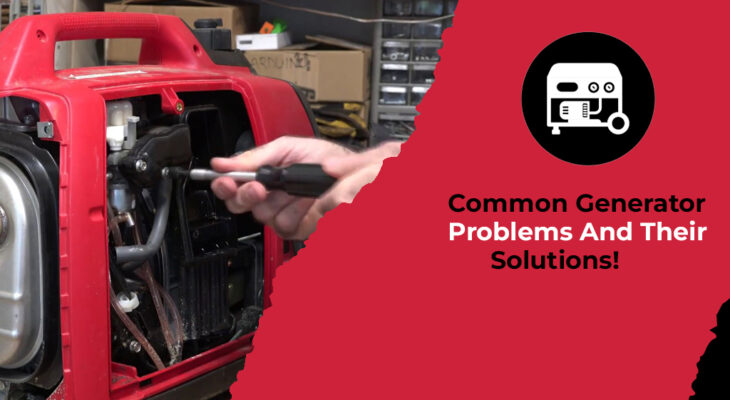In our modern world, where electricity has become an indispensable part of our daily lives, power outages can bring life to a standstill. Generators are the go-to solution for individuals and businesses alike, providing a reliable backup power source when the grid fails.
However, like any mechanical equipment, generators are not immune to problems. Identifying and resolving these common generator problems can help ensure a continuous power supply at the most critical moments.
This informative article aims to shed light on some of the most frequently encountered generator problems and their practical solutions. We will explore a range of issues, from starting failures and fuel-related complications to overheating and electrical malfunctions. We’ll get into the root causes behind these problems and will provide effective troubleshooting strategies through which our readers will gain a comprehensive understanding of how to tackle generator issues.
Whether you own a generator for emergency purposes, use it for outdoor activities, or rely on it to power critical systems in your business, this article will serve as a helpful guide. By familiarizing yourself with the common generator problems and solutions, you will be well-equipped to maintain and troubleshoot your generator, ensuring its optimal performance and prolonged lifespan.
Let’s get started with our article.
Generator Issues and How to Fix Them!
Generator problems are something that you, we and everyone around us face over time. But there’s nothing to worry about. Every problem has a solution and so do these generator problems. Continue reading and see what problems need what solutions.

Here are some of the generator issues.
- Starting failures
- Fuel-Related Complications
- Overheating
- Electrical Malfunctions
- Oil Leaks
- Insufficient Oil Levels
Let’s discuss how these are problems and how you can manage them.
Starting failures
One of the most common generator problems is difficulty in starting. This could be due to a variety of factors such as a dead battery, fuel issues, or a faulty starter motor.
Solution: To address this problem, start by checking the battery and ensuring it is charged. If the battery is fine, examine the fuel supply and replace any stale fuel. Additionally, inspect the spark plugs and clean or replace them if necessary. If the starter motor is the culprit, it may need repair or replacement.
Fuel-Related Complications
Generators often face issues related to fuel, such as clogged fuel filters, carburettor problems, or contaminated fuel. Regular maintenance is crucial to prevent these problems.
Solution: Clean or replace fuel filters periodically and ensure that the fuel is clean and of the recommended type. Cleaning the carburettor can also help resolve fuel-related issues.
Overheating
Continuous operation and high ambient temperatures can result in generator overheating. Insufficient ventilation or blockages in the cooling system can exacerbate this problem.

Solution: To solve overheating issues, ensure that the generator is placed in a well-ventilated area. Clean the cooling system regularly, including the radiator and air filters, to remove any dust or debris that could impede airflow.
Electrical Malfunctions
Faulty wiring, damaged circuit breakers, or short circuits can lead to electrical malfunctions in generators.
Solution: If you experience electrical problems, inspect the wiring for any loose connections or damage. Replace any frayed wires and ensure that all connections are secure. If a circuit breaker trips, identify the cause and address it before resetting the breaker.
Oil Leaks
Oil leaks can occur due to loose fittings, damaged seals, or worn-out gaskets and these are one of the most occurring generator problems.
Solution: Regularly inspect the generator for any signs of oil leakage and address them promptly. Tighten loose fittings, replace damaged seals, and repair or replace faulty gaskets.
Insufficient Oil Levels
Insufficient oil levels in your generator can prevent it from starting. Moreover, if the oil levels become too low, it can lead to permanent damage to the engine because it won’t have enough lubrication. To avoid engine failure, it’s important to maintain the oil at the right levels.

Solution: The solution is to keep a check on the oil levels. Checking the oil levels is not difficult. Just locate the oil dipstick, similar to a dipstick in a regular car. If the oil levels are below the full line, add more oil. Remember, it’s crucial to use the same type of oil that was previously used for safe and effective operation.
Also, check the consistency and colour of the oil. If it appears dark and sludge-like, it means the oil has deteriorated. In this case, you should have your generator completely flushed and replace the old oil with fresh oil.
- NOTE: Remember, safety should always be a priority when dealing with generator problems. If you are unsure or uncomfortable with performing troubleshooting or repairs, it is recommended to consult a professional generator technician. Regular maintenance and proactive troubleshooting can help prevent these common issues and ensure that your generator remains reliable and functional during power outages.
Common Generator Problems – FAQs
Wrapping Up!
In a nutshell, it is crucial to understand and address common generator problems in order to sustain a reliable power supply during critical times and we’ve tried our best to make you aware of those problems and their solutions.
Remember, when in doubt or uncomfortable about repairs, it is always best to consult a professional.






